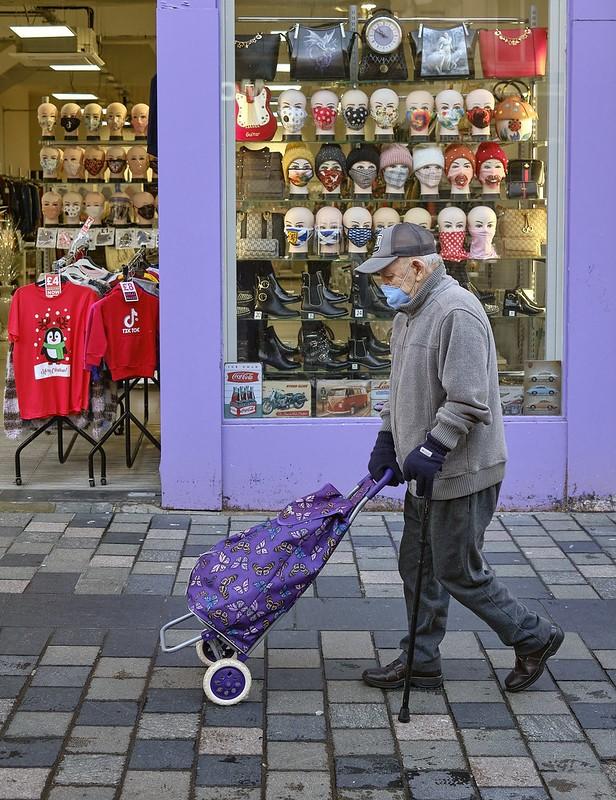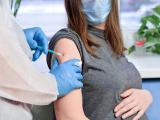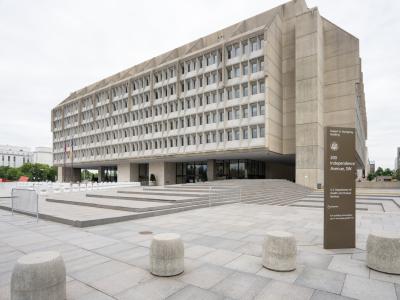World Health Organization (WHO) officials hailed major COVID-19 vaccine, with the United Kingdom's emergency use authorization earlier this week, but they warned that the pandemic has a long way to go.
One-two punch against the virus
At a media briefing today, WHO Director-General Tedros Adhanom Ghebreyesus, PhD, said decisions by country leaders in the coming days will set the course for the virus in the short term and influence when the pandemic will eventually end.
He said though vaccine progress brings hope, the WHO is worried about a growing perception that the pandemic is over. "The truth is that at present, many places are witnessing very high transmission of the virus, which is putting enormous pressure on hospitals, intensive care units and health workers," he said.
Mike Ryan, MD, who directs the WHO's health emergencies program, said countries with high transmission are going to have to sustain aggressive measures to avoid the risk of ongoing "yo-yo" pattern outbreaks. "You've got to stick with this or your health system won't be able to cope," he said.
The goal is to get the virus to manageable levels, then knock it down with the vaccine in a one-two punch, Ryan said.
In other WHO developments, the WHO's technical advisory group on behavioral health today released on report on behavioral considerations for acceptance and uptake of COVID-19 vaccines.
At today's briefing, Cass Sunstein, JD, a legal scholar at Harvard University who was appointed in July to chair the group, said one of the main conclusions was that an enabling environment, such as making the vaccine easy to find and affordable, can support uptake. He added that spotlighting motivators, specially targeted to the local context, can also help with acceptance. The group also recommended enlisting the help of social influencers and building motivation through an open and transparent dialogue.
Also, the WHO yesterday posted a detailed report on the mink-related SARS-CoV-2 variant in Denmark. It said Danish officials have been conducting mass testing in the area where 12 human cases were reported involving a variant (cluster 5) thought to have the capacity to prompt a lower antibody response.
Overall, COVID-19 cases have been linked to mink farming, culling, and pelting, and two new variants were recently detected in southern Denmark. However, as of Nov 20, no new human cases of the worrisome cluster 5 variant have been reported, and it no longer appears to be circulating in humans.
Though virus changes aren't surprising, the WHO said advanced studies are needed to understand the impact of the novel variants. It added that farmed mink can play a role on ongoing SARS-CoV-2 transmission and that countries with mink and other fur farming sectors should closely monitor virus changes.
Bahrain grants approval for Pfizer vaccine
Bahrain today became the second country behind the UK to approve the Pfizer-BioNTech COVID-19 vaccine for emergency use, the Associated Press reported. In its announcement, the country didn't say how many doses it has bought or how it would roll out the doses.
The country had previously granted emergency use for an inactivated whole-virus COVID-19 vaccine made by China's Sinopharm and is already using the vaccine.
In other global developments:
- The European Centre for Disease Prevention and Control (ECDC) today issued a rapid risk assessment about further COVID-19 spread over the year-end holidays. It warned that, despite a drop in cases in some countries, disease levels remain high, and countries that relax their measures too quickly ahead of Christmas will face new spikes in hospitalizations.
- Mexico's president has urged citizens to avoid holiday travel and cut back on other related activities to curb the spread of the virus, Reuters reported today.
- The WHO's African regional office yesterday launched an alliance to fight misinformation about COVID-19 and other health emergencies. The Africa Infodemic Response Alliance, a collaboration of 13 international groups, will work to counter false information about COVID vaccines and raise awareness to support immunization.
- Gaza Strip's government announced a partial lockdown that will begin this weekend to address a new spike in activity, according to Reuters. Mosques and schools will be closed, but many businesses will remain open based on curfew rules.
- The global total today rose to 65,686,172 cases, and 1,514,549 people have died from their infections, according to the Johns Hopkins online dashboard.





















